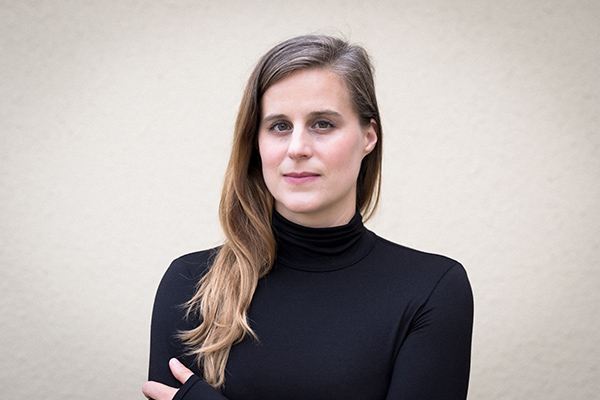Creativity. Culture. Science. Education.
Chart your unique course in the Judith Herb College of Arts, Social Sciences and Education. With the widest range of programs at UToledo, you can bring your own perspective to the study of human experience. Express yourself with visual and performing arts — or learn to harness the power of media. Discover the science of the human mind. Understand the social systems that shape our laws and society. Dive into culture and history. Educate and inspire future generations.

2025 Edward Shapiro Distinguished Lecture
Join New York Times-bestselling author Lauren Groff for a captivating evening of reflection on the craft of writing, along with discussions about the influences and inspiration behind her novels.
Meet Crystal Smith
'24 Media Communication
Crystal was recognized at the Toledo American Advertising Federation's 2025 American Advertising Award for work she did as an intern in University of Toledo’s Office of University Marketing and Communications. The recent UToledo alum is currently pursuing a master's degree in strategic communications and social media,
Read MoreMeet Kayla Kirk
'17, Bachelor of Fine Arts in Sculpture, Art History
Kayla Kirk knew that studying fine art at The University of Toledo would provide her with the experience she needed. Now, less than a decade later, Kayla is bringing that community back a little closer to home by providing a space for others to experience art as she does.
Read More



